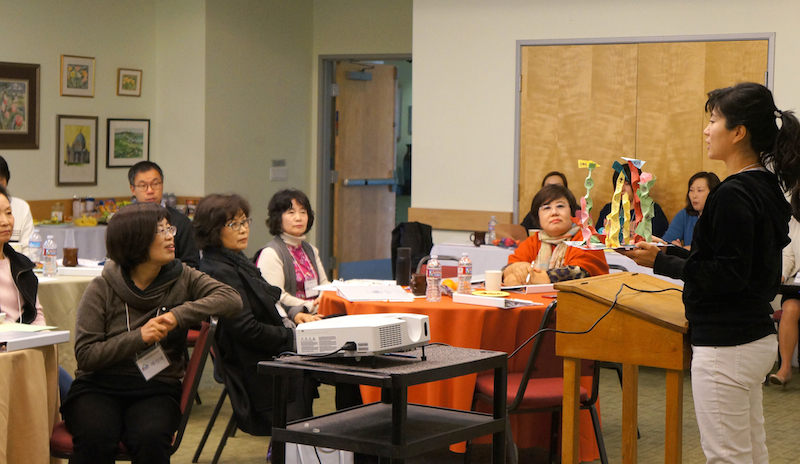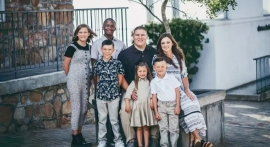
Domestic violence is an issue that requires a multi-faceted approach, and the church community can play a vital role in providing support and resources to victims. A study released on Monday explored how pastors perceive the issue, and what kinds of resources are available in their churches to provide help.
According to the LifeWay Research study, a substantial majority of pastors believe that their churches are a safe haven for people experiencing domestic violence. When asked how much they agree with the statement, "A person experiencing domestic violence would find our church to be a safe haven," 87 percent said they strongly agree, and 11 percent said they somewhat agree.
A majority of pastors also said they speak out against domestic violence and "specific behaviors" related to it, as 56 percent strongly agreed that they do, and 32 percent said they somewhat agree.
Fewer pastors say they have a plan ready if someone approaches them asking for help in a domestic violence situation. A little over half (52 percent) said their churches have a response plan, while 45 percent said they do not.
However, most pastors said their churches have a referral list with a professional counselor trained in domestic violence (76 percent). Other resources that pastors said their churches offer include finances (64 percent), a safe place to stay (61 percent), a referral list for legal help (53 percent), and a member of the church who has also experienced domestic violence who a victim could talk to (49 percent).
When asked, "Has an adult in your church experienced domestic or sexual violence in the last 3 years?" almost half (47 percent) responded, "Not that I know of," while 37 percent said yes.
Scott McConnell, the executive director of LifeWay Research, said that though the percentage of those who said they know of someone in their congregations who has experienced domestic violence is low, the actual number of victims is likely higher.
"Statistics on sinful activities consistently show that church attendees act better but are not without sin," McConnell said. "It is naive to assume a church could remain immune to domestic violence."
Pastors of churches with larger congregations were more likely to say that they know of someone who has experienced domestic or sexual violence in the last three years. Sixty-five percent of those of churches with 250 or more attendees, 43 percent of those with 100 to 249 attendees, 31 percent of those between 50 to 99 attendees, and 20 percent of those with 49 or less attendees said so.
Pastors with 250 or more congregants were also most likely to say that their churches have a "specific plan or procedures in place for how to respond if someone shares that they are experiencing domestic violence," with 73 percent of them responding that they do.
Along denominational lines, Pentecostal (66 percent) and Methodist (63 percent) pastors were more likely to say their churches have specific plans in place, followed by Baptist (52 percent), Presbyterian/Reformed (45 percent), Holiness (45 percent), Lutheran (44 percent), and Church of Christ (41 percent) pastors.
















